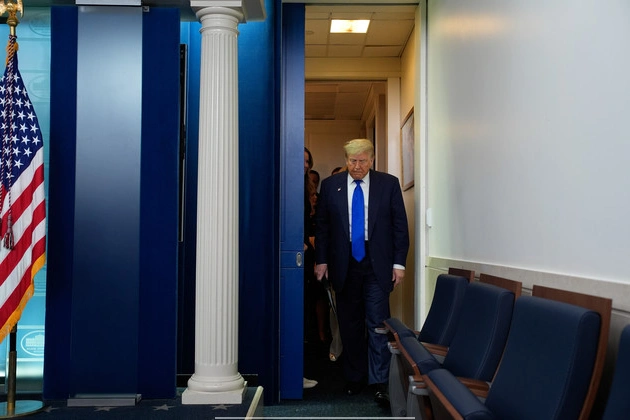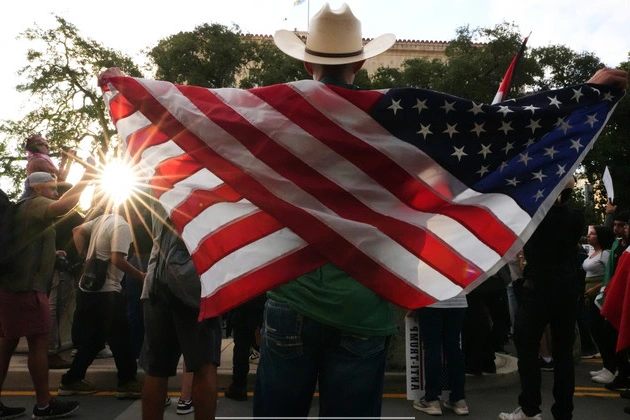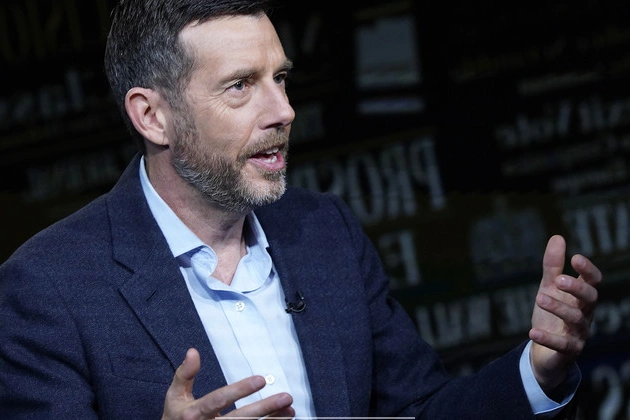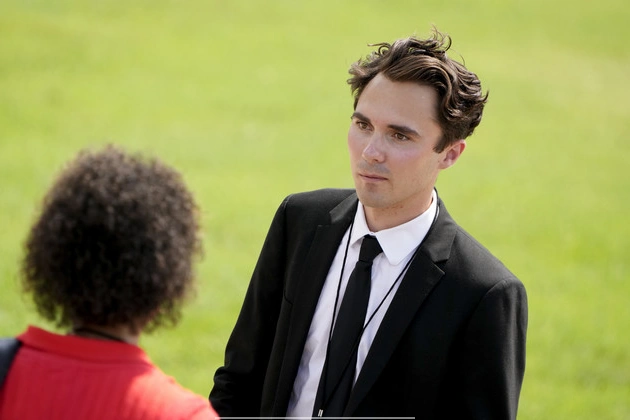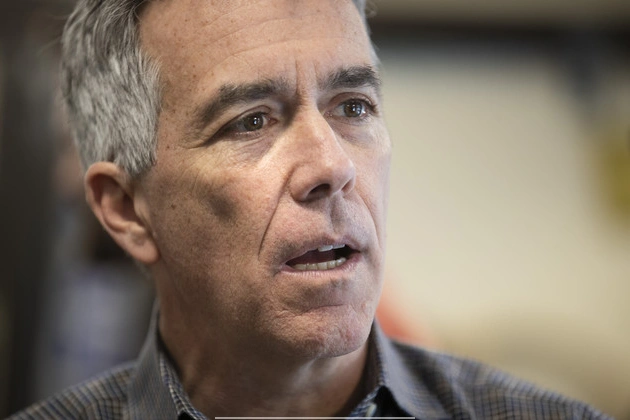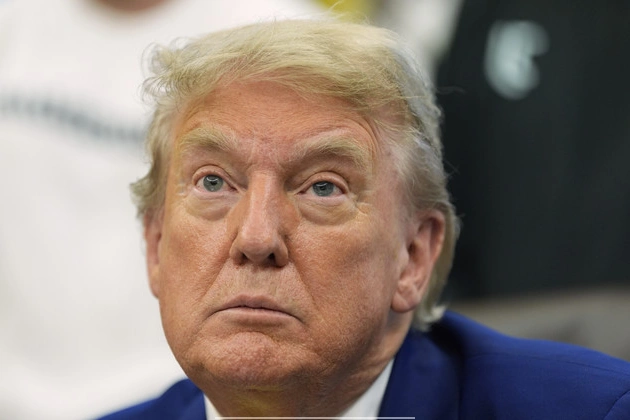
In a controversial turn of events, a Florida state judge sought a federal bench seat, ultimately leading to his nomination by President Trump. Ed Artau’s journey from a ruling in Trump’s favor to a nomination raises ethical concerns.
The Lobbying Efforts
Artau strategically positioned himself for the nomination by meeting with key figures, including Florida Republican Sen. Rick Scott’s office, shortly after Trump’s election. His involvement in a panel that ruled favorably for Trump heightened suspicions of partiality.
The Impartiality Debate
Critics questioned Artau’s impartiality due to his ruling in the Pulitzer case. The timeline of events, from court opinions to White House interviews, underscored potential conflicts of interest.
Ethical Dilemmas
Artau’s strong defense of Trump while seeking a nomination raised eyebrows. The ethical implications of judges aligning with political figures for personal gain came under scrutiny.
Administration’s Patterns
Trump’s nomination of Artau post the Pulitzer ruling echoed a pattern of favoring individuals who supported his agenda. The blurring lines between judicial independence and political alignment sparked concerns.
Seeking Confirmation
Artau’s interactions with Senate offices and the White House depicted a calculated path to nomination. His alignment with Trump’s principles and the subsequent nomination process showcased a unique approach to judicial appointments.
Legal Controversies
Artau’s opinions in the defamation case against the Pulitzer Board delved into complex legal matters, challenging established precedents. His stance on revisiting key rulings raised eyebrows in legal circles.
Implications of Advocacy
Artau’s vocal support for Trump’s initiatives, coupled with his legal decisions, highlighted the evolving landscape of judicial appointments. The implications of judges advocating for political figures set a precedent for future nominations.
Conclusion
Artau’s nomination journey sheds light on the intersection of politics and the judiciary. The ethical questions raised by his actions underscore the need for transparency and independence in the judicial selection process.






